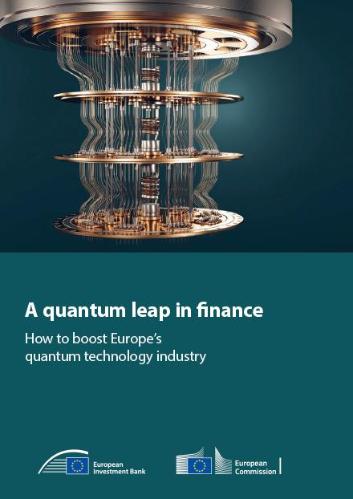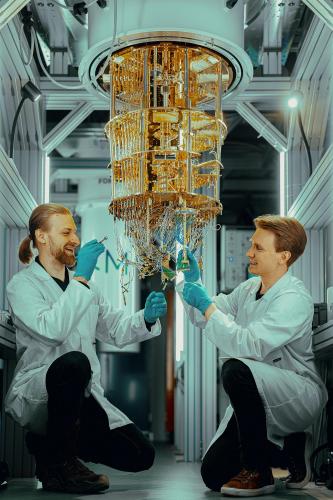
“Today, the European Union is seeing its best opportunity in decades to become the global leader in an industry that is going to disrupt everything, from artificial intelligence to cryptography: the quantum industry,” says Enrique Lizaso, founder of Mulitiverse Computing. “If we want to have our companies, patents and positions become EU leaders in the coming years, that is in our hands. We have to commit funds for our companies to scale up fast and thrive.”
Some initiatives to boost Europe’s quantum industry are underway, but the sector needs more help. Only 5% of global funding for quantum technology goes to Europe.







